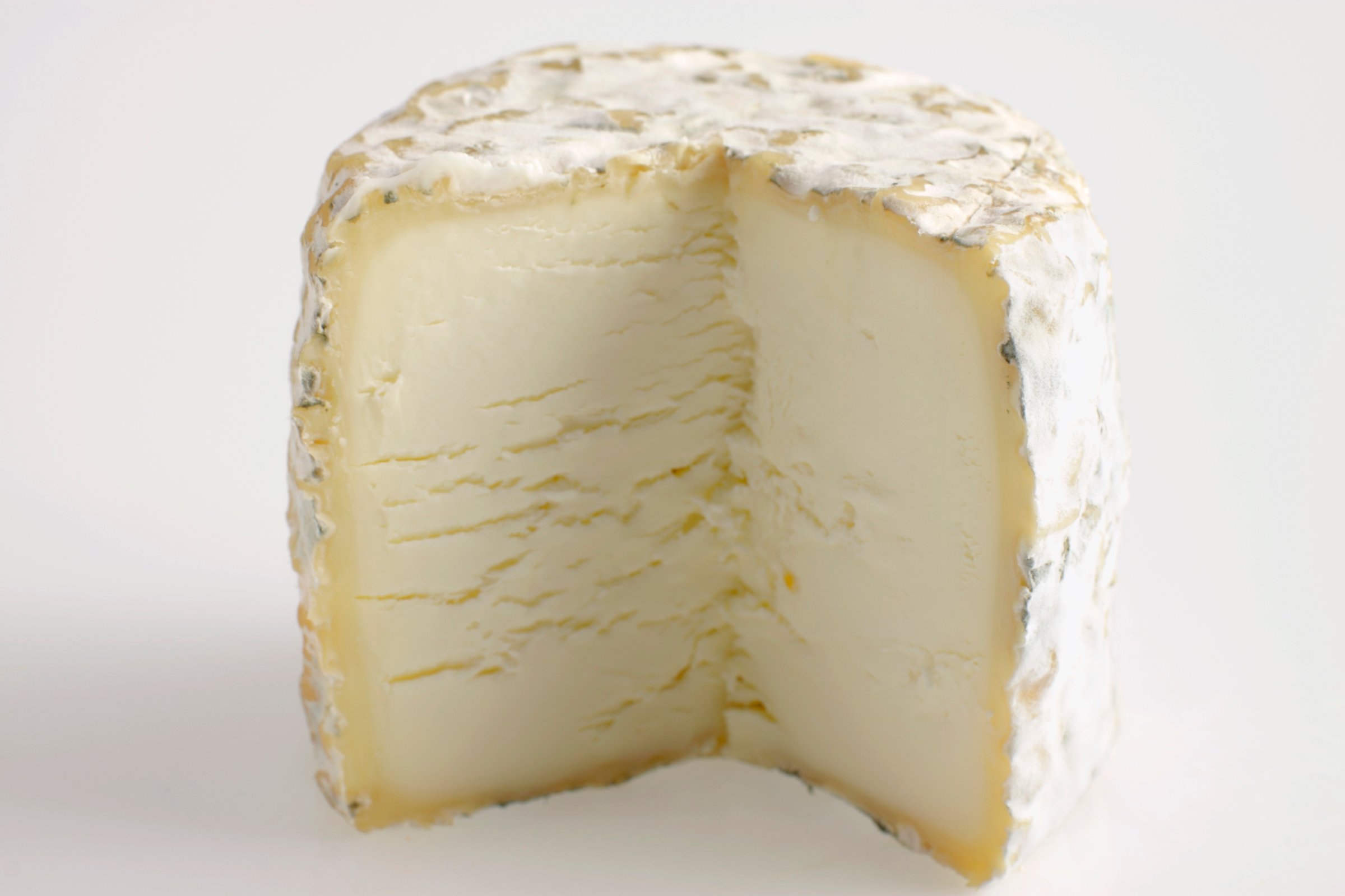
In our food supply, safety sometimes slips through the cracks. Since not every recall reported to authorities makes headlines, we’ve rounded them up for you. If you purchased a product that’s been recalled, you can often return it from where you bought it for a refund.
Soft cheese is currently under investigation as the possible source of an ongoing outbreak of listeria.
The U.S. Centers for Disease Control and Prevention (CDC) is currently investigating a multi-state outbreak of listeriosis—a serious infection caused by the bacteria Listeria monocytogenes—that’s linked to soft cheese. So far, 24 people in nine states have been infected in this outbreak, which experts have been following since 2010. Among those 24 people, 21 were hospitalized and one death reported in Ohio. In five of the cases, the women were pregnant, and one lost her fetus.
MORE: When Tainted Peanuts Could Mean Like in Prison
The CDC maintains a national database of the DNA fingerprints of bacterial strains from infected people in order to identify possible outbreaks. The agency noticed an increase in one rare DNA fingerprint of listeria popping up in the system in August, and, using whole genome sequencing technology, discovered that four other DNA fingerprints were also closely related genetically and possibly connected to infections that were reported five years ago.
So far, cases of sickness have been reported in California, Colorado, Illinois, Massachusetts, Michigan, New York, Ohio, Tennessee and Washington. The CDC says it has not conclusively determined the source of the outbreak but that the majority of sick people said they ate soft cheese before they became sick. Four out of the seven people who were ill and named a specific brand of cheese that they ate referred to brands that were distributed by Karoun Dairies, which has now launched a voluntarily recall and is no longer producing certain cheeses due to possible contamination.
The names of the brands that the cheese was sold under are Karoun, Arz, Gopi, Queso Del Valle, Central Valley Creamery and Yanni. The types of cheeses affected include goat, fresco, cotija, feta, mozzarella, paneer, string cheese and more. You can see a detailed list of affected products here.
“Karoun Dairies was made aware of a possible association of their cheese products with several recent cases of listeriosis by FDA and CDC,” the company said in a statement. “The company has ceased distribution of above cheeses and is working closely with FDA to continue to investigate the problem further.”
QUIZ: Should You Eat This or That?
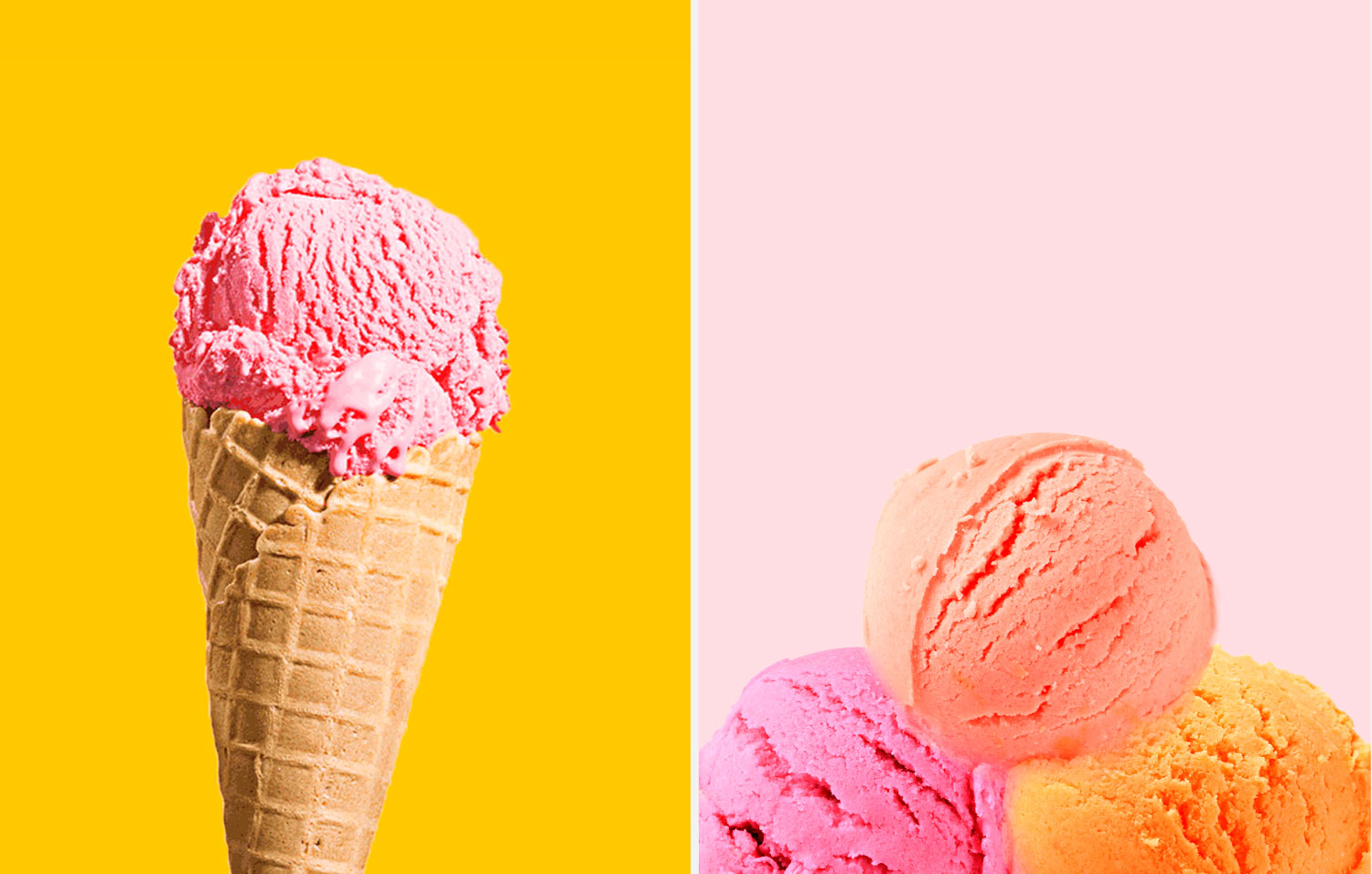

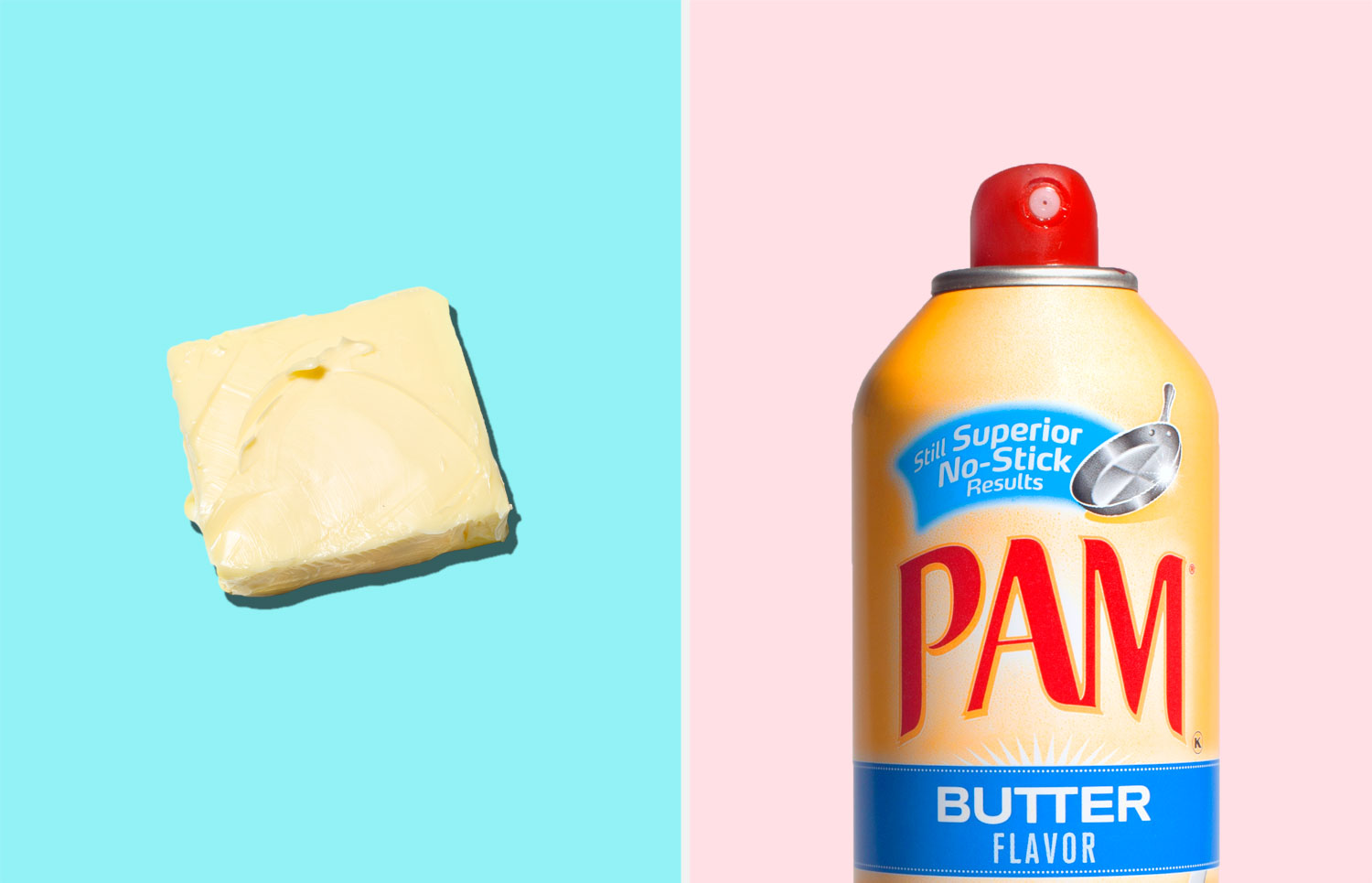
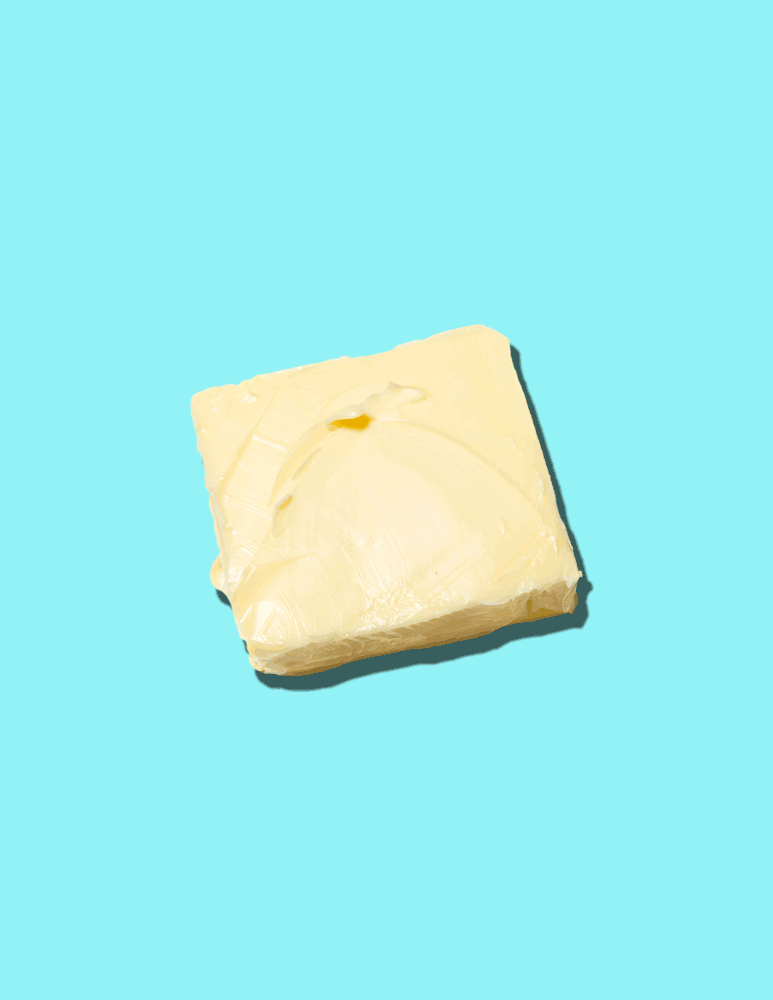
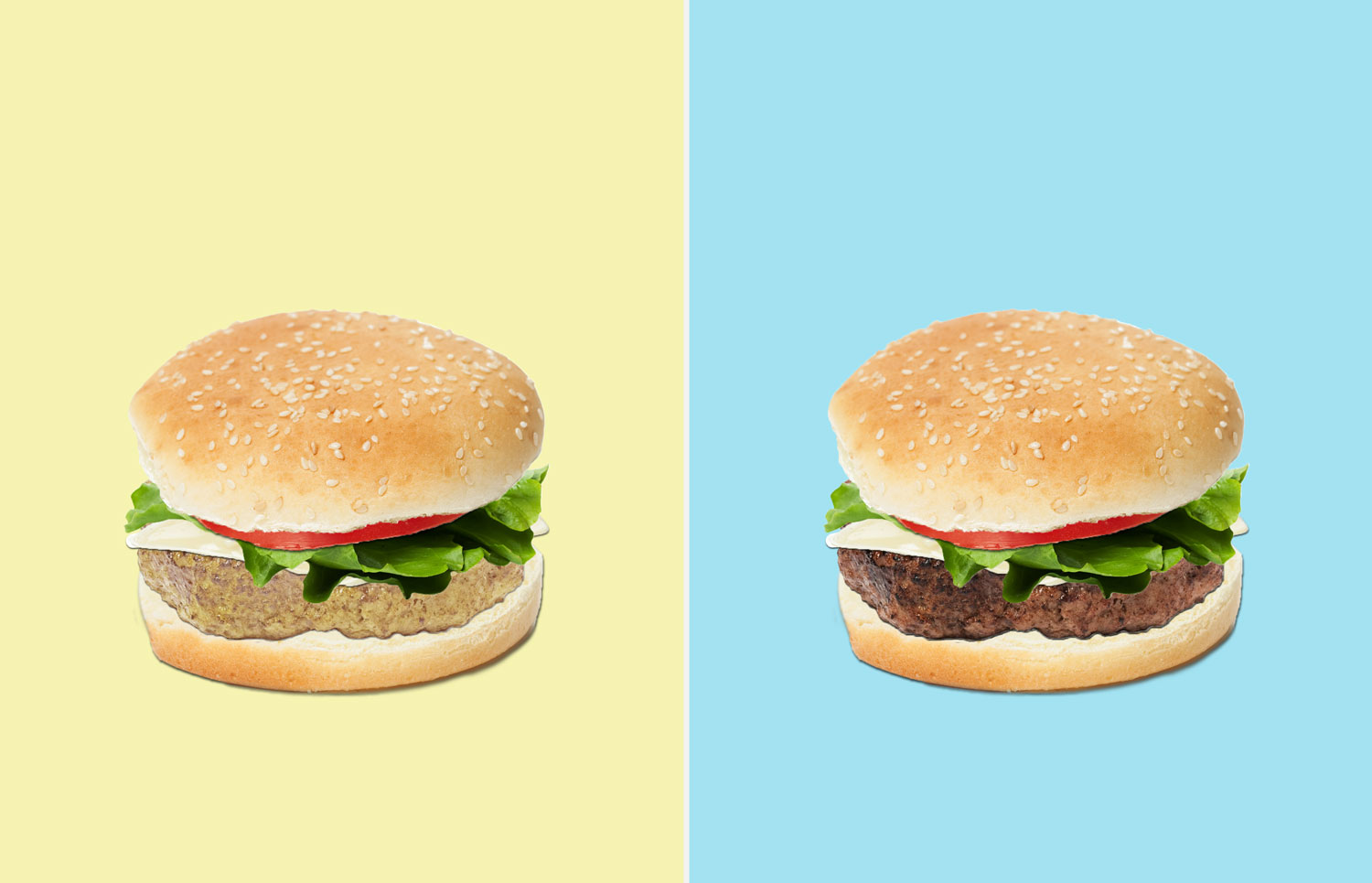
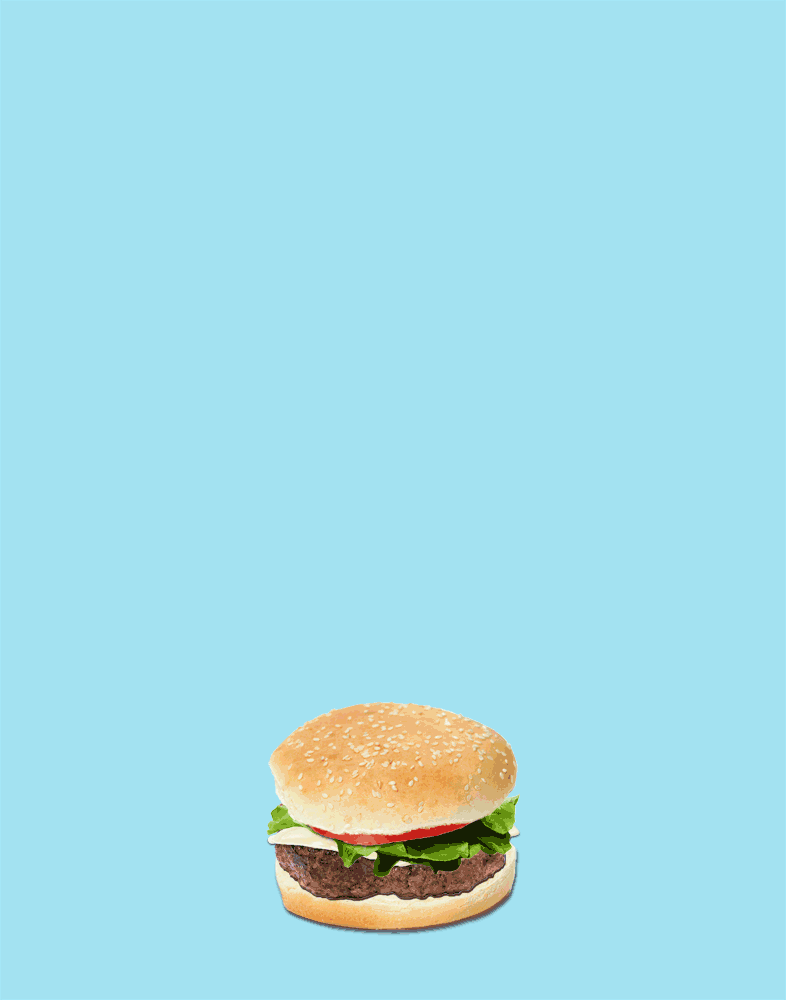
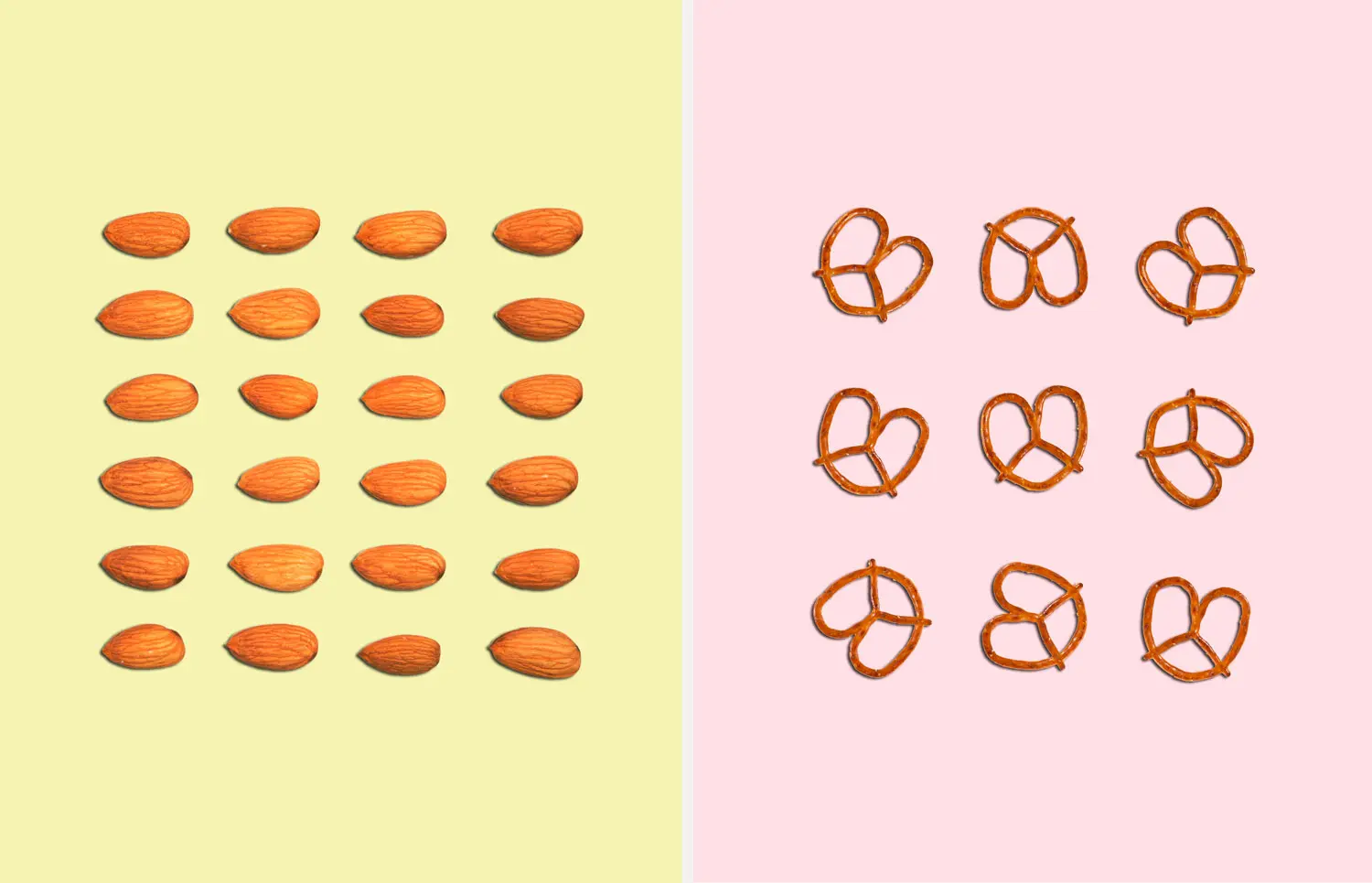
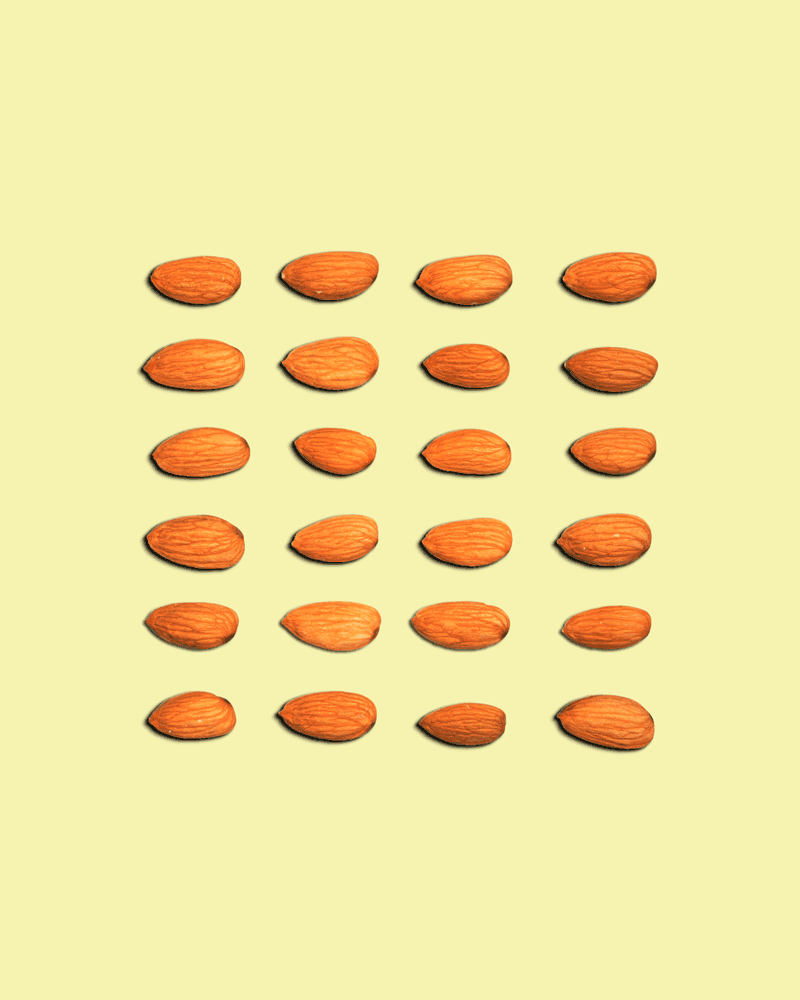
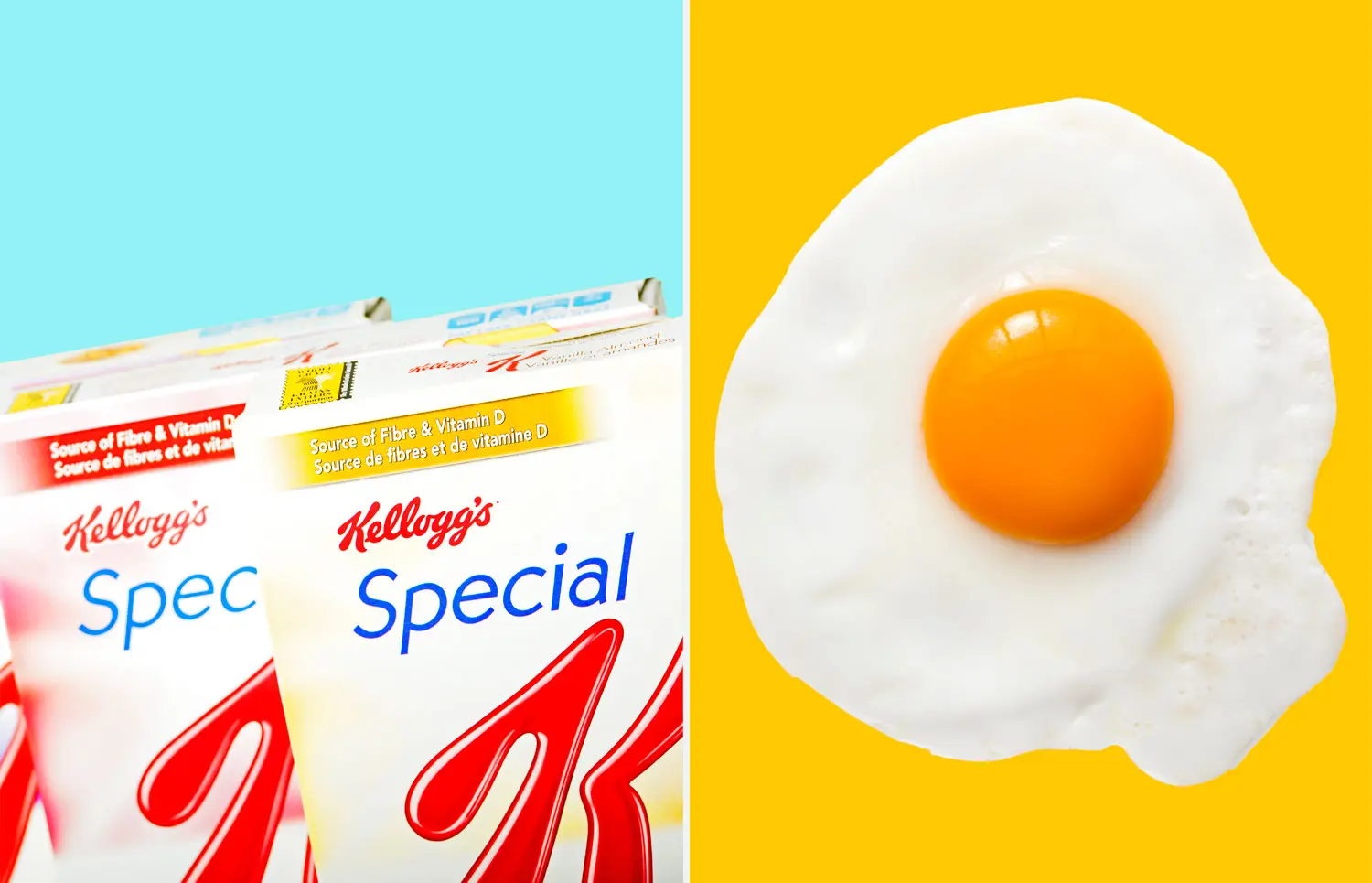

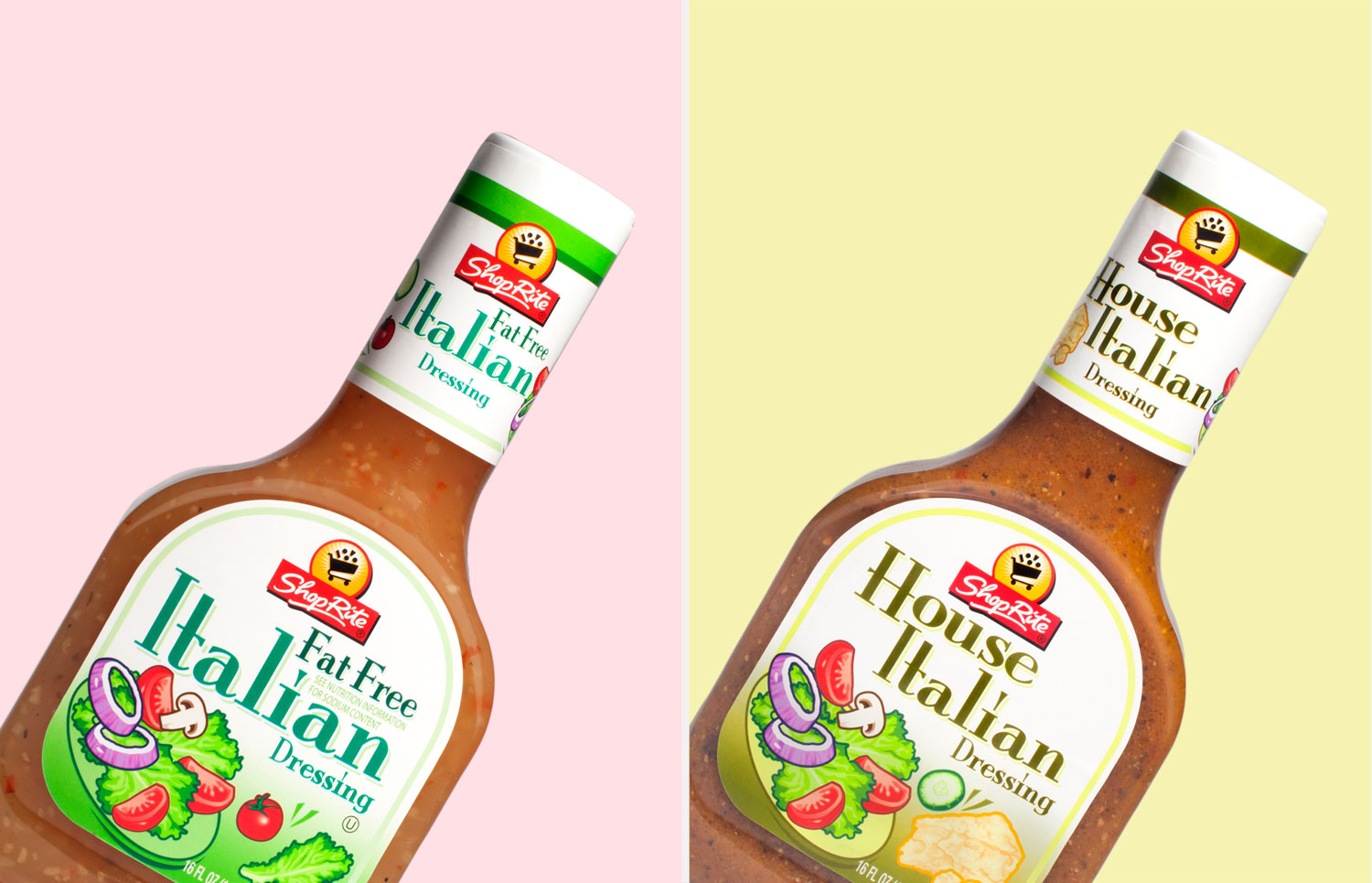
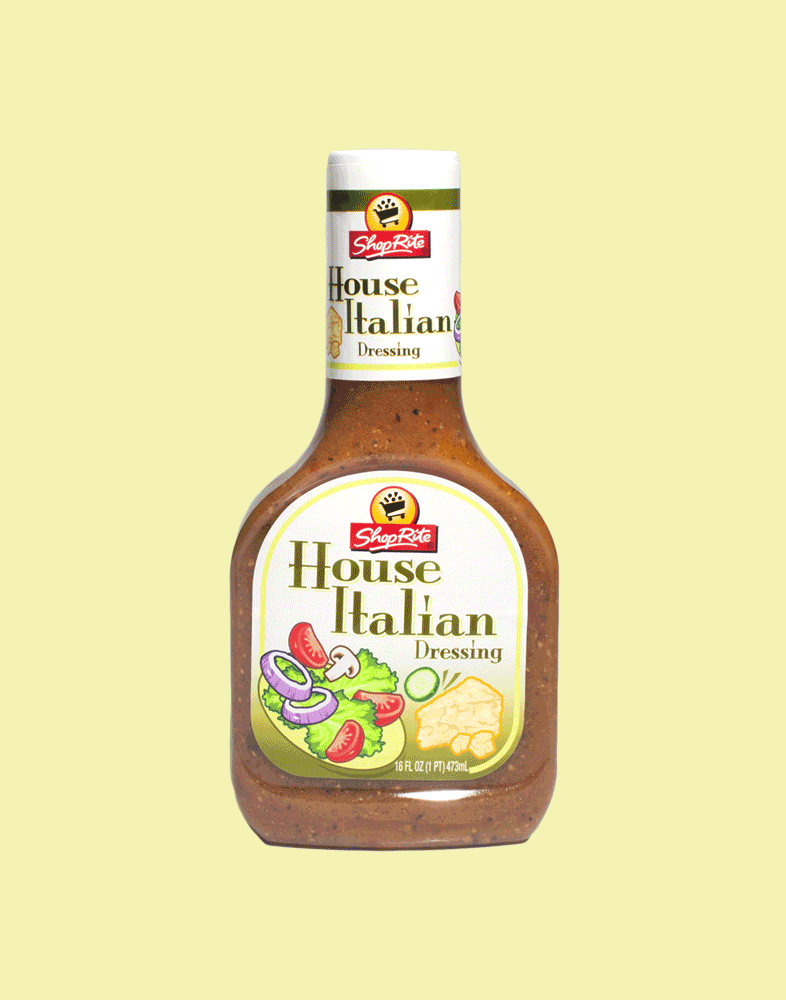
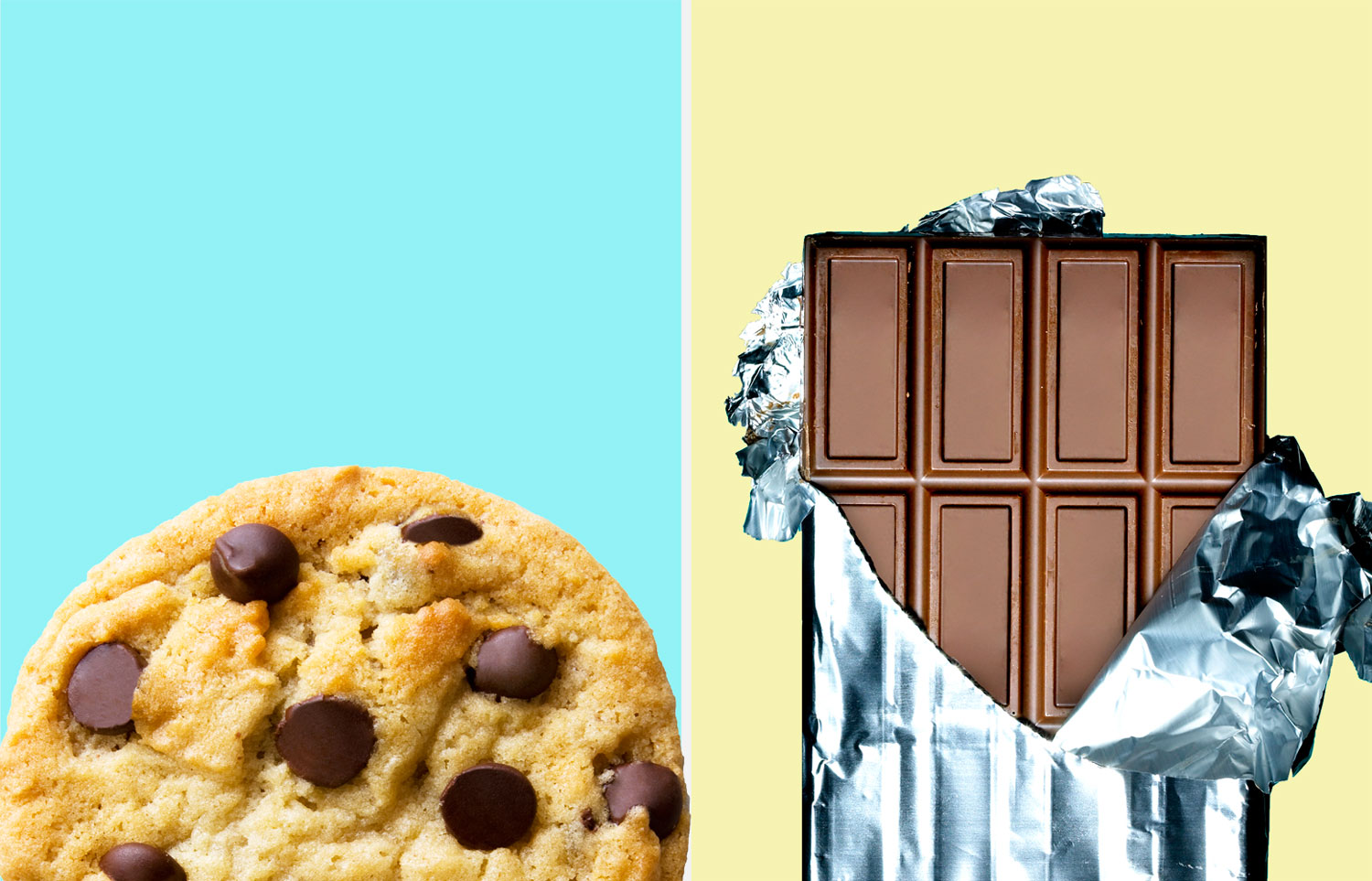

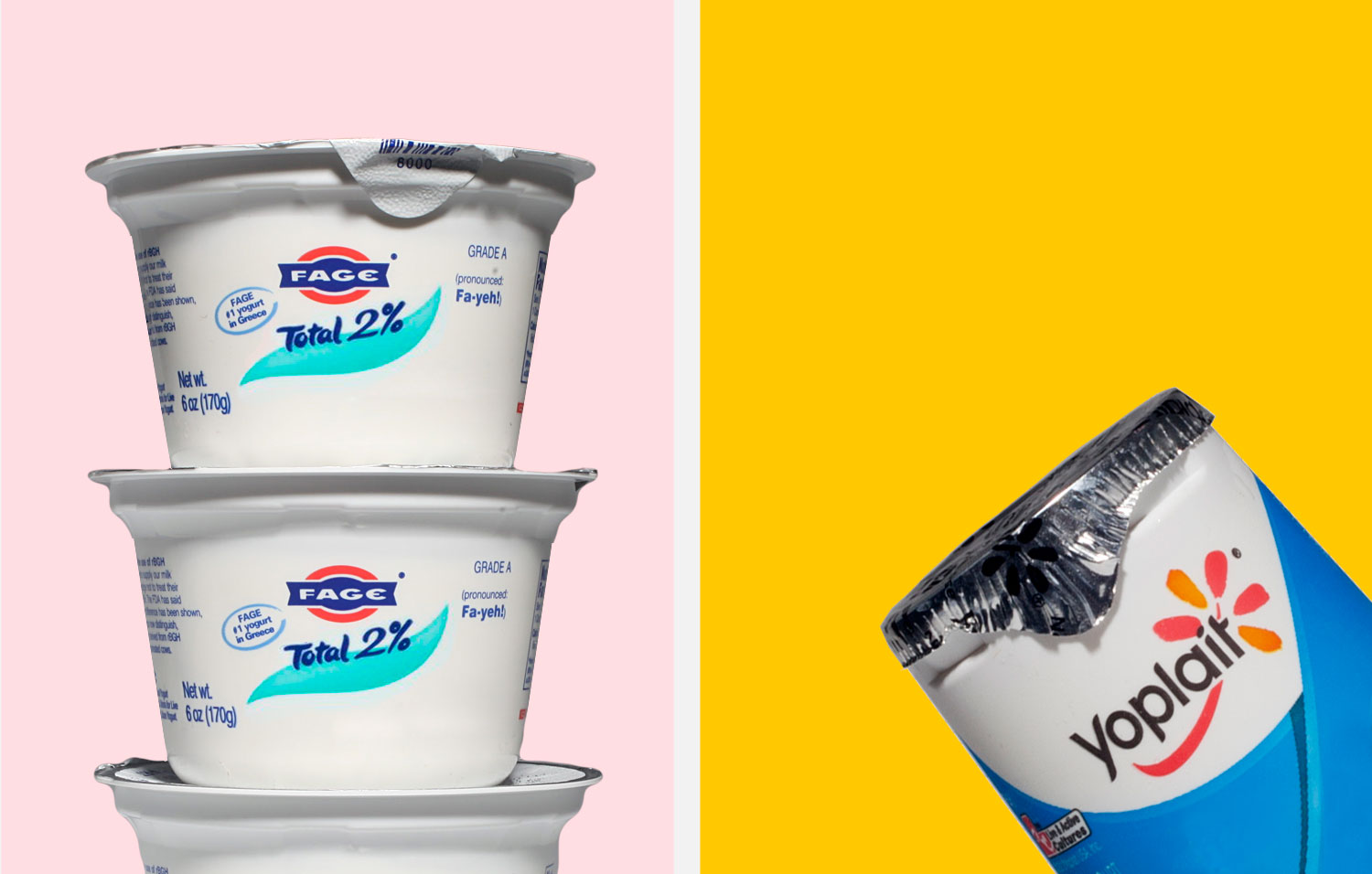
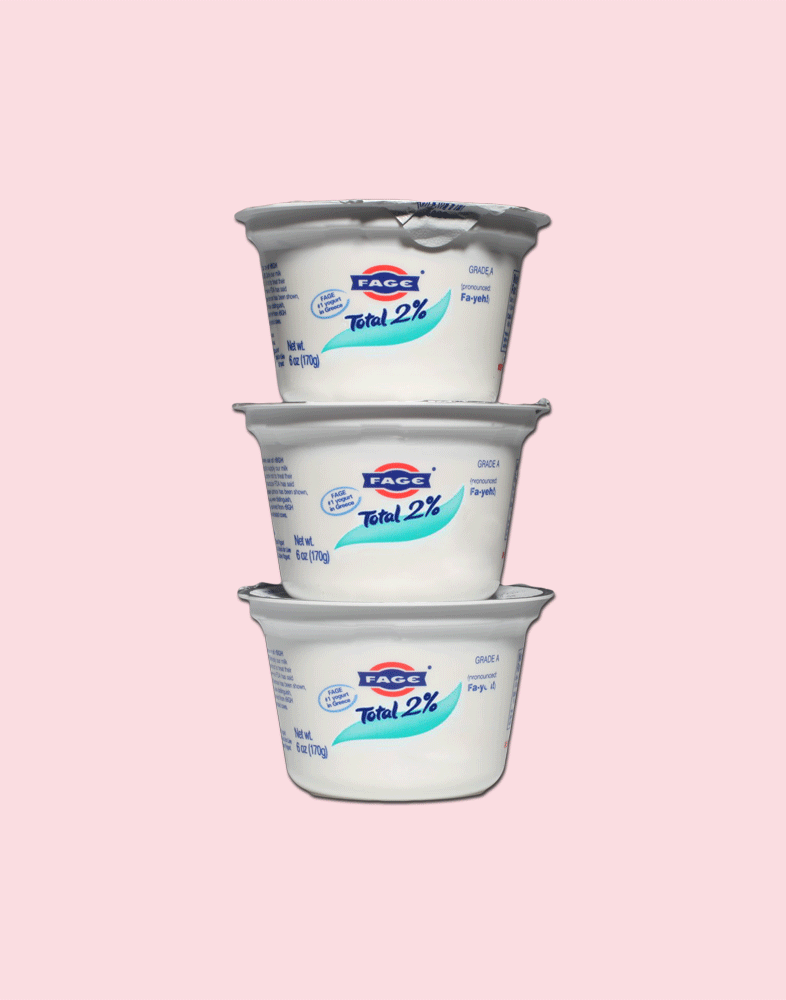
MORE: Should I Eat Cheese?
Beyond soft cheese, certain chicken products are also in the hot seat for containing a different but also dangerous type of bacteria, salmonella. On Friday, the U.S. Department of Agriculture’s Food Safety and Inspection Service (FSIS) sent a public health alert about frozen, raw, stuffed and breaded chicken products made by Aspen Foods. In July, Aspen Foods (a division of Koch Poultry Company) recalled 1,978,680 pounds of chicken products that were contaminated with a strain of salmonella. Now FSIS says additional testing has found strains of salmonella in the company’s products.
The agency says that following the July recall it continued to test the chicken products and has found 12 positive results for salmonella. “FSIS is concerned about all frozen, raw, stuffed and breaded chicken products produced by Aspen Foods between July 30, 2015 and September 17, 2015,” the agency says in a statement. “The twelve positive samples collected during FSIS’ intensified sampling efforts alerted FSIS to a systemic problem at the establishment. FSIS cannot have confidence in the safety of any products produced after July 30, 2015.”
“There is no reason to detain our food products based on science or the law. We will not be recalling those products because our food safety experts strongly disagree with the USDA and have determined that those products are safe to consumer when prepared according to the USDA-approved cooking instructions listed clearly on all labels,” Aspen Foods responded in a comment to TIME. “Salmonella at low levels is permitted on raw poultry because it occurs there naturally and because cooking destroys it.”
The company adds that their cooking instructions are included on every package and were validated as effective and approved by USDA. “Our label clearly states that the product must be cooked in accordance with these instructions,” Aspen Foods says. “USDA’s statement in its news release questioning the effectiveness of the cooking instructions on the labels of our products is puzzling, especially since those instructions were reviewed and approved by USDA.”
FSIS adds that it is sending its own personnel to detain Aspen Foods products because the company has refused to recall the products. The chicken products of concern may include the following brands, the USDA says: Acclaim, Antioch Farms, Buckley Farms, Centrella Signature, Chestnut Farms, Family Favorites, Kirkwood, Koch Foods, Market Day, Oven Cravers, Rose, Rosebud Farm, Roundy’s, Safeway Kitchens, Schwan’s, Shaner’s, Spartan and Sysco. You can read specific details on which products are flagged here.
Coffee

Grabbing some java every morning doesn’t just jump-start your day—that cup of joe has bioactive compounds that may help protect your skin from melanoma (the fifth most common cancer in the U.S.), according to a recent report in the Journal of the National Cancer Institute. Researchers found that the more coffee people downed, the less likely they were to get the disease: Those drinking four cups daily had a 20 percent lower risk of developing malignant melanoma over a 10-year period than non-coffee drinkers.
Watermelon
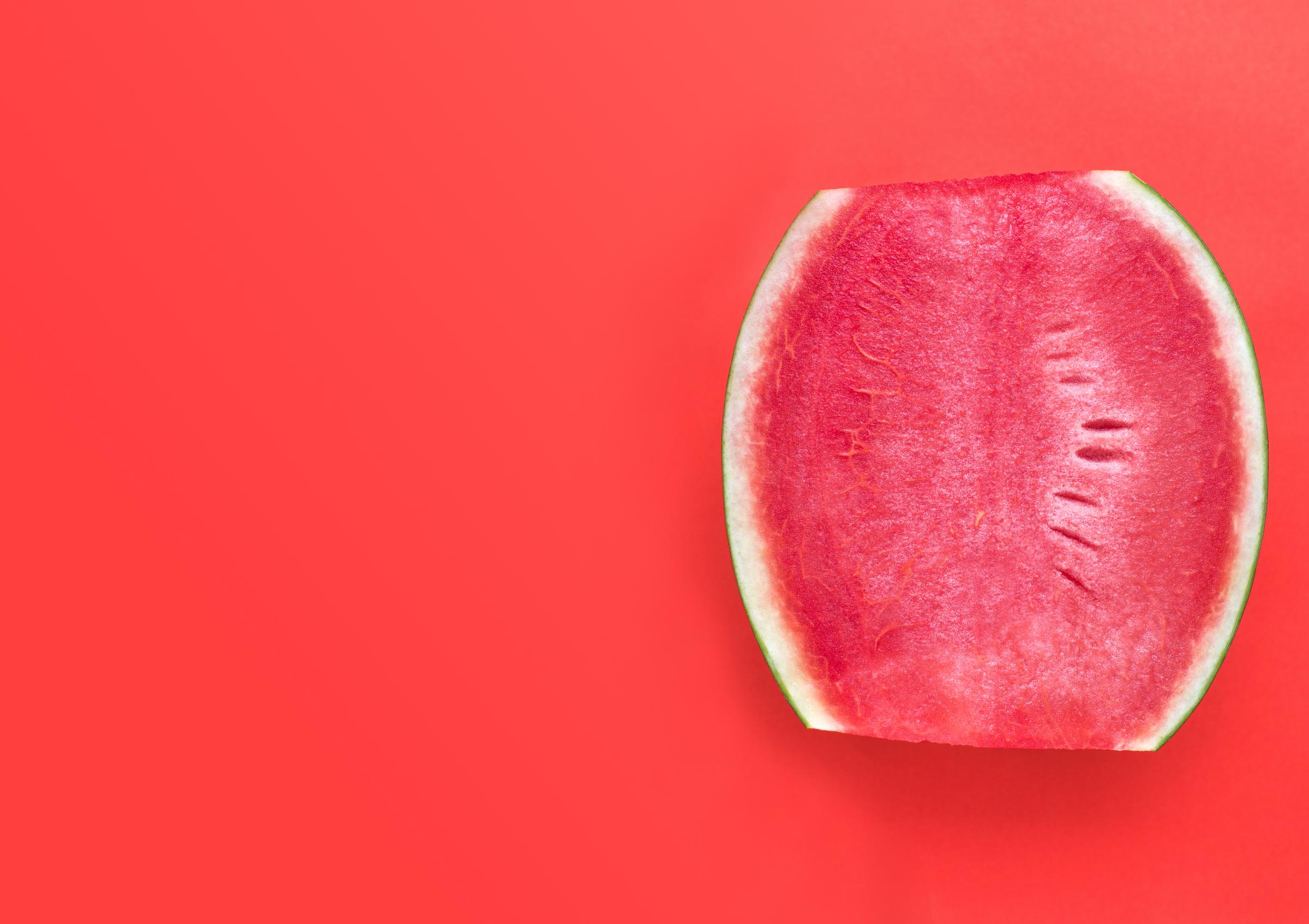
The summertime fave is loaded with lycopene. “This antioxidant compound gives watermelon and tomatoes their red color—and helps skin stave off UV damage,” says nutrition pro Keri Glassman, RD, founder of NutritiousLife.com. Researchers believe that the melon contains as much as 40 percent more of the phytochemical than raw tomatoes; that’s the equivalent of an SPF 3, so use it to bolster (not replace) your daily dose of sunscreen.
Pomegranates

The seeds of this wonder fruit are bursting with antioxidants, like vitamin C, that prevent fine lines, wrinkles and dryness by neutralizing the free radicals that weather skin. A study in the American Journal of Clinical Nutrition found that higher vitamin C intake lessened the likelihood of dryness and wrinkles in middle-aged women. Also in the fruit’s arsenal: anthocyanins (which help increase collagen production, giving skin a firmer look) and ellagic acid (a natural chemical that reduces inflammation caused by UV damage).
Blueberries
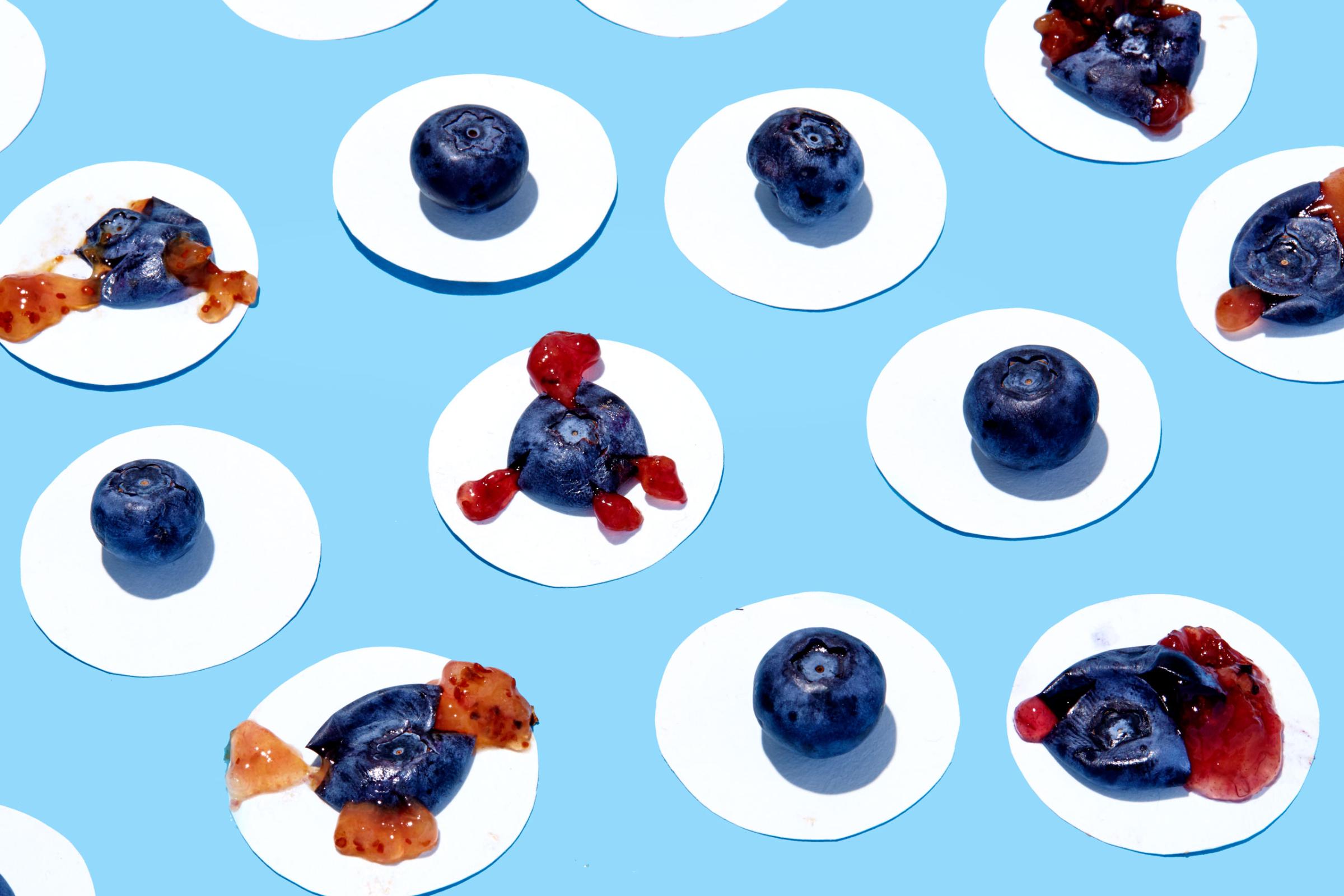
Boost radiance by popping some of these plump little beauties. Blueberries supply vitamins C and E (two antioxidants that work in tandem to brighten skin, even out tone and fight off free-radical damage), as well as arubtin, “a natural derivative of the skin lightener hydroquinone,” Dr. Zeichner says.
Lobster
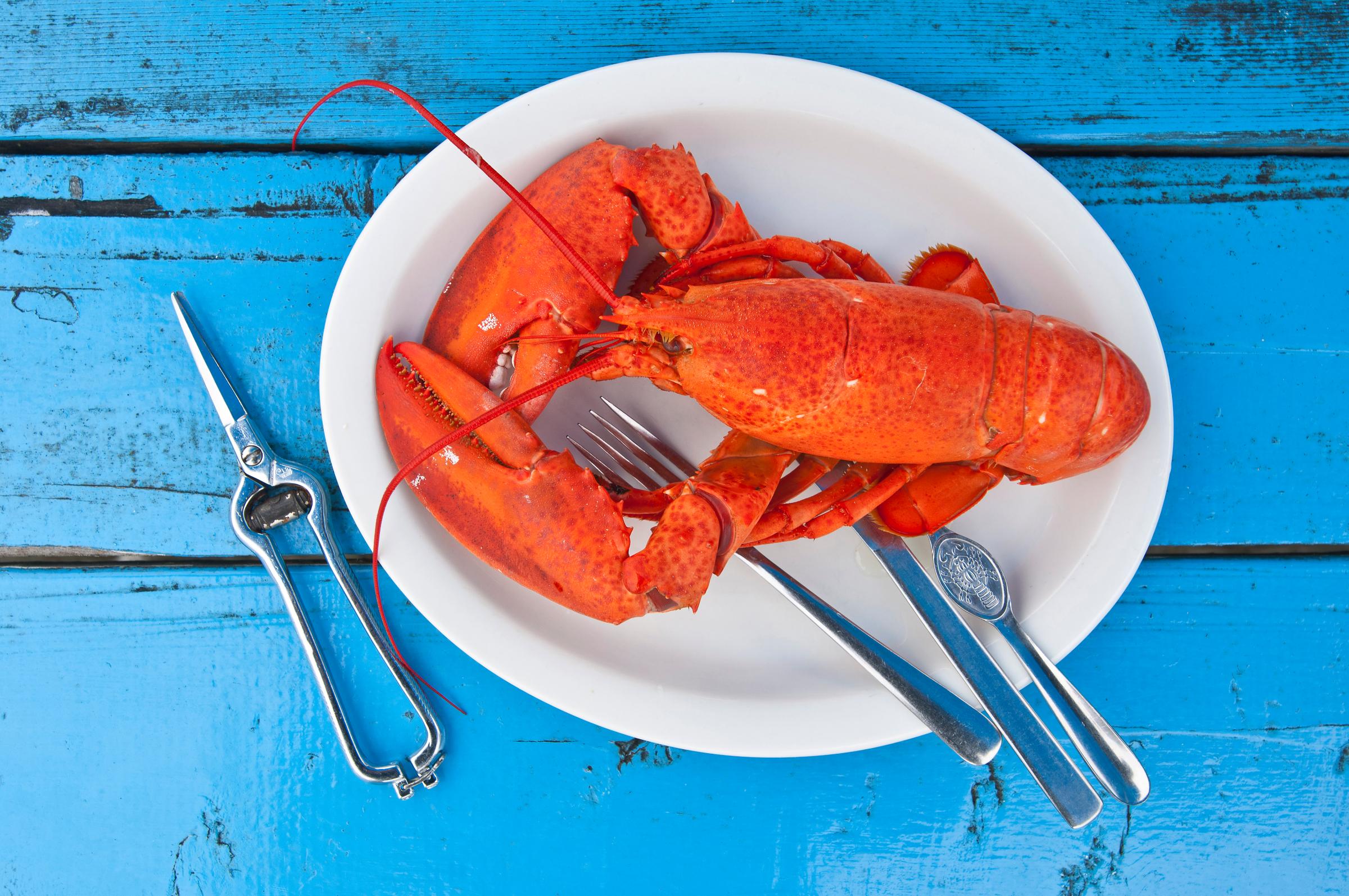
High in zinc, shellfish has anti-inflammatory properties that can help treat a range of skin annoyances, acne included. “Zinc accelerates the renewal of skin cells,” says Whitney Bowe, MD, clinical assistant professor of dermatology at the Icahn School of Medicine at Mount Sinai. “That’s why you find the nutrient in many acne medications.” In fact, research shows that people with acne have lower levels of zinc than people with clear skin.
Kale
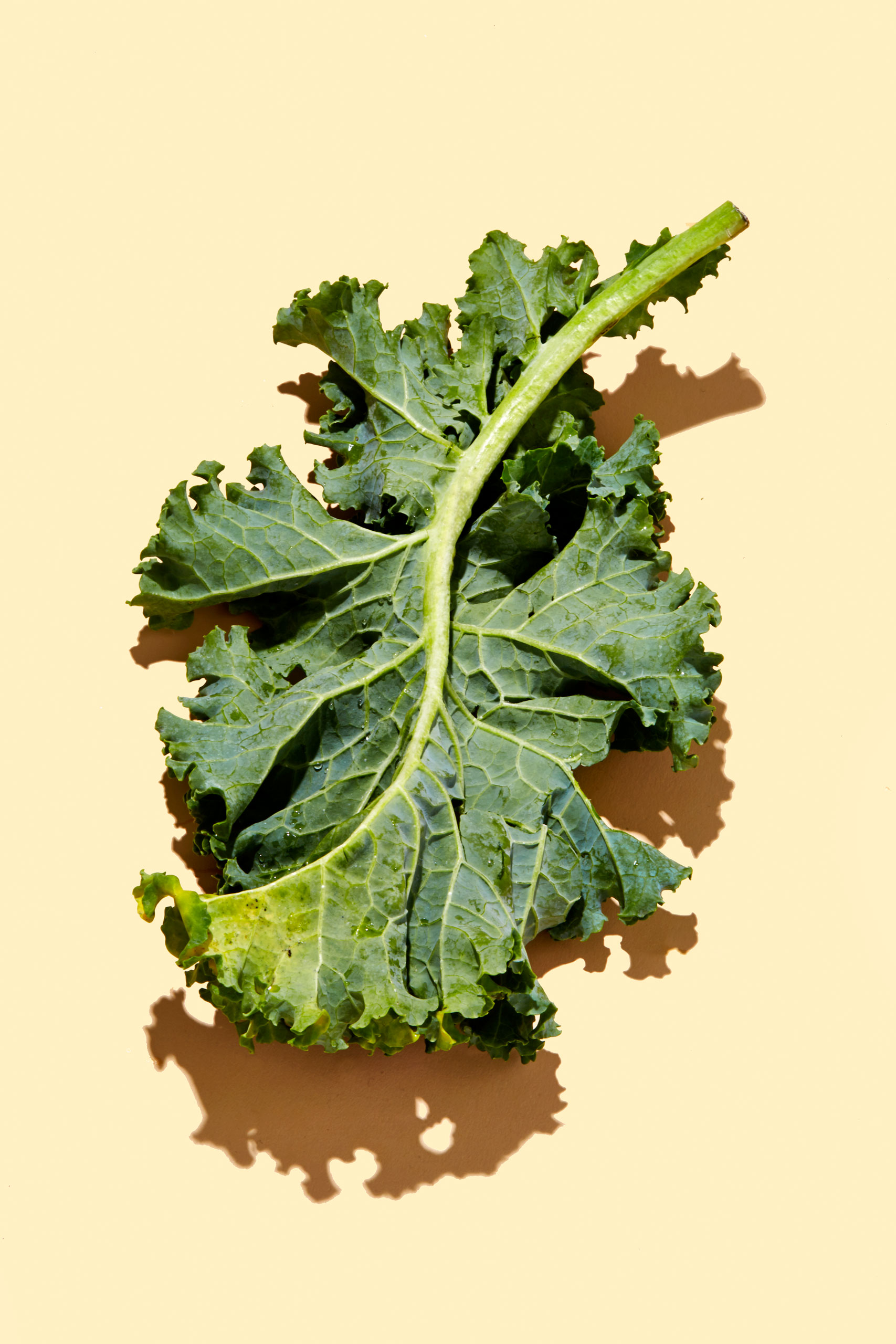
On the long list of this leafy green‘s nutrients are vitamin K (it promotes healthy blood clotting, so the blood vessels around the eyes don’t leak and cause Walking Dead-like shadows) and loads of iron. “Insufficient levels of iron in your diet can cause your skin to look pale, making it easier to spot blood vessels under the skin,” explains Howard Murad, MD, associate clinical professor of medicine at UCLA. To max out the benefits, eat the veggie cooked, not raw.
Eggs
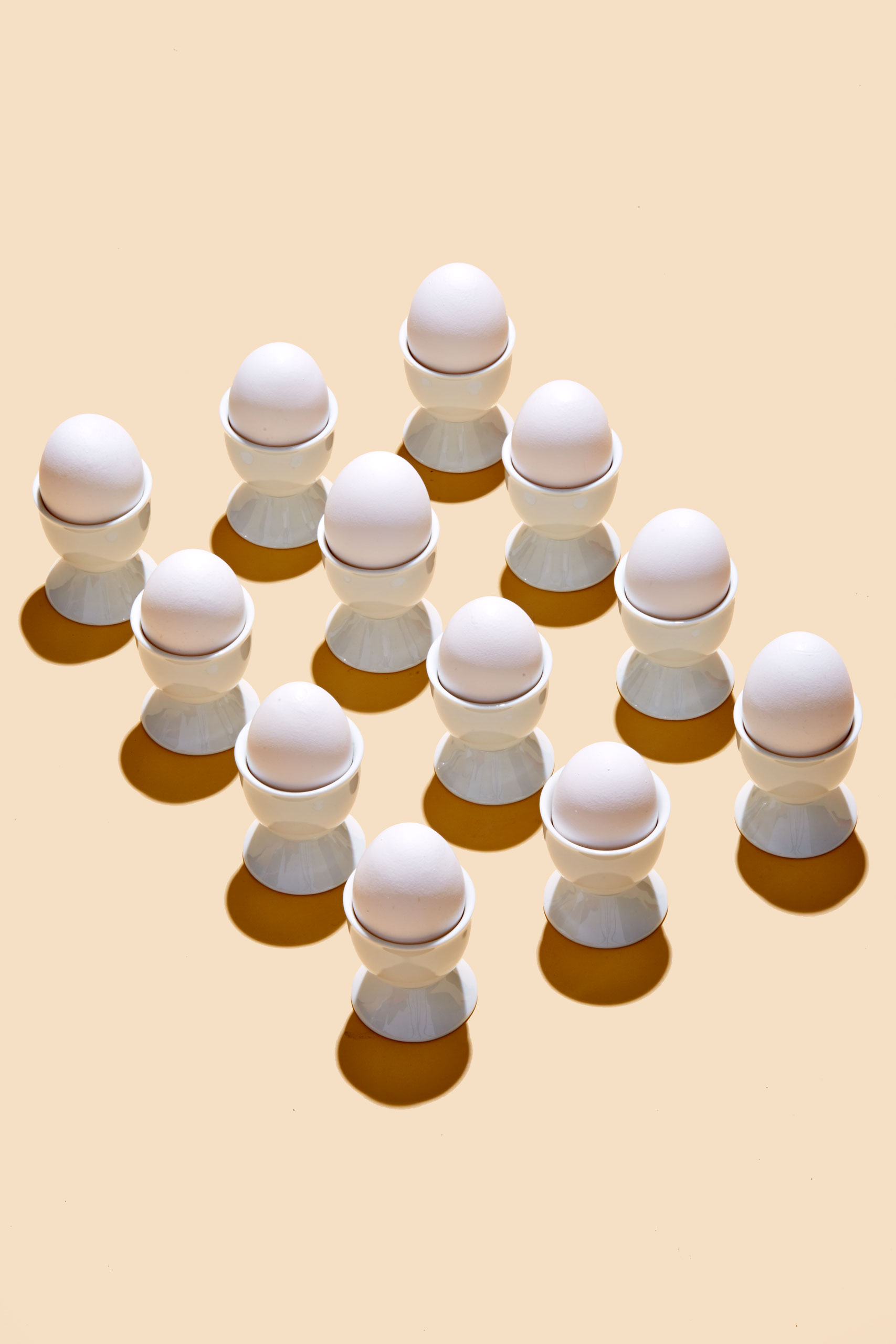
Your fingernails (toenails, too) are made of protein, so a deficiency can turn those talons soft. Keep yours thick and mani-pedi-ready by cracking smart: “Eggs are a good source of biotin, a B complex vitamin that metabolizes amino acids, which are the building blocks of protein,” says Frank Lipman, MD, director of Eleven-Eleven Wellness Center in New York City.
Walnuts
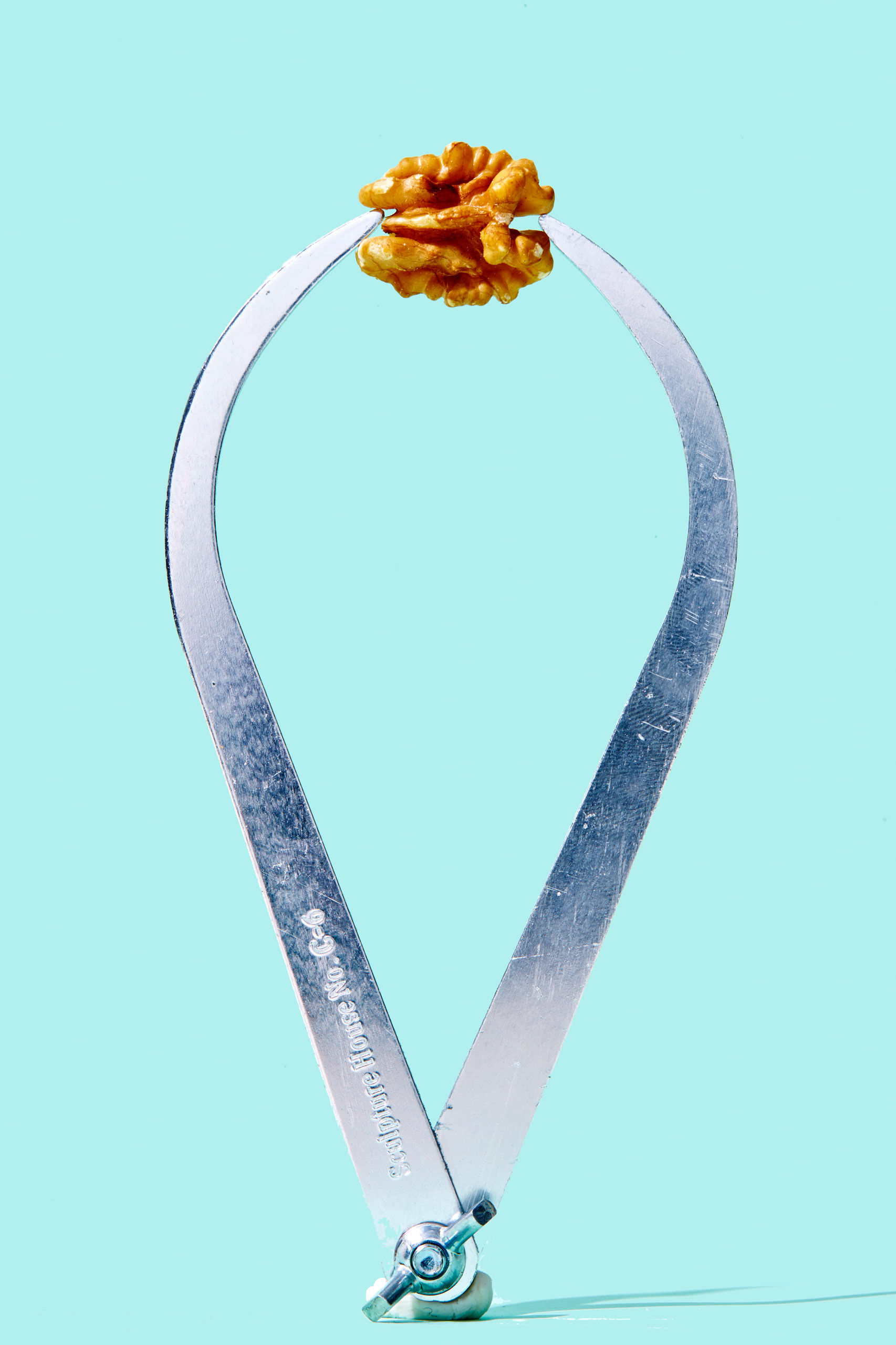
Omega-3 fatty acids (found in the natural oils that keep your hair hydrated) and vitamin E (which helps repair damaged follicles) are two secrets behind strong, lustrous strands—and these nuts are full of both, Dr. Lipman says. All you need is 1/4 cup a day. What’s more, walnuts are packed with copper, which will help keep your natural color rich: Studies show that being deficient in the mineral may be a factor in going prematurely gray.
Avocado
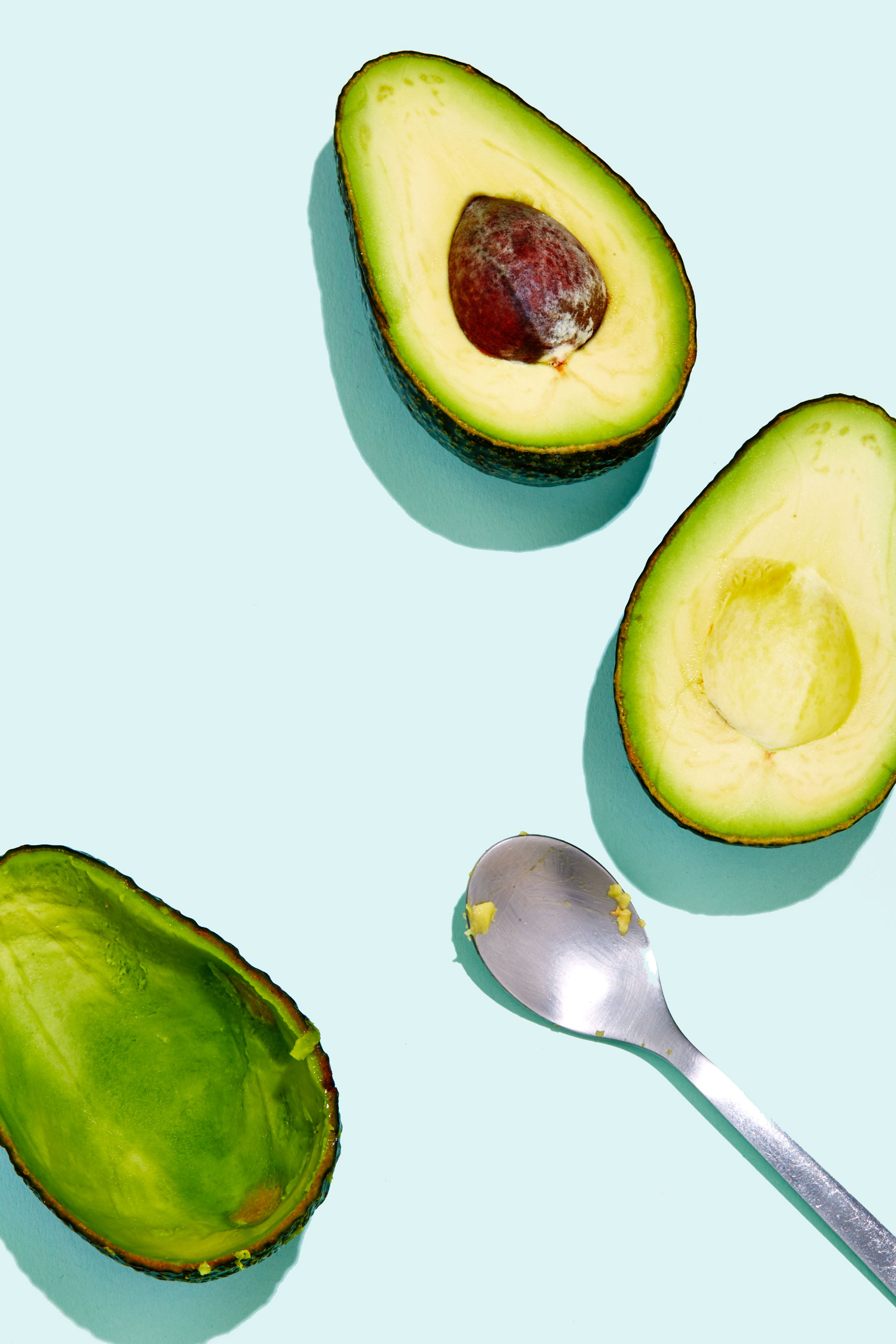
Like you need another reason to love them: These rich fruits are high in oleic acid, an omega-9 fatty acid that helps skin retain moisture in the outer layer to keep it soft, plump and supple, Dr. Bowe says.
Cantaloupe
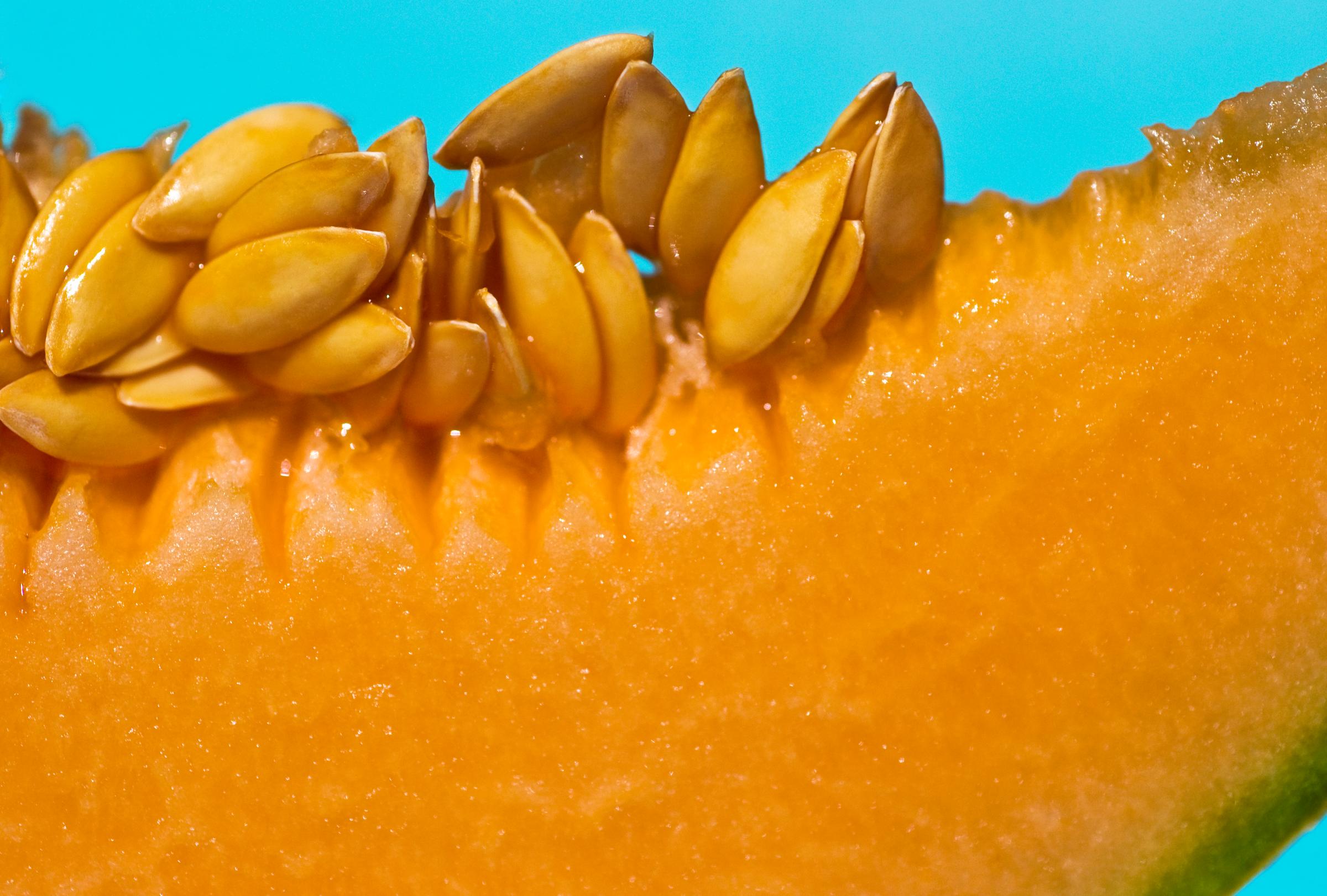
The sweet melon contains beta carotene, or vitamin A, which is believed to regulate the growth of skin cells on your scalp and sebum in the skin’s outer layer, Dr. Zeichner says. This keeps pores from getting clogged and causing flakes.
This article originally appeared on Health.com
More from Health.com:
More Must-Reads from TIME
- Donald Trump Is TIME's 2024 Person of the Year
- Why We Chose Trump as Person of the Year
- Is Intermittent Fasting Good or Bad for You?
- The 100 Must-Read Books of 2024
- The 20 Best Christmas TV Episodes
- Column: If Optimism Feels Ridiculous Now, Try Hope
- The Future of Climate Action Is Trade Policy
- Merle Bombardieri Is Helping People Make the Baby Decision
Contact us at letters@time.com